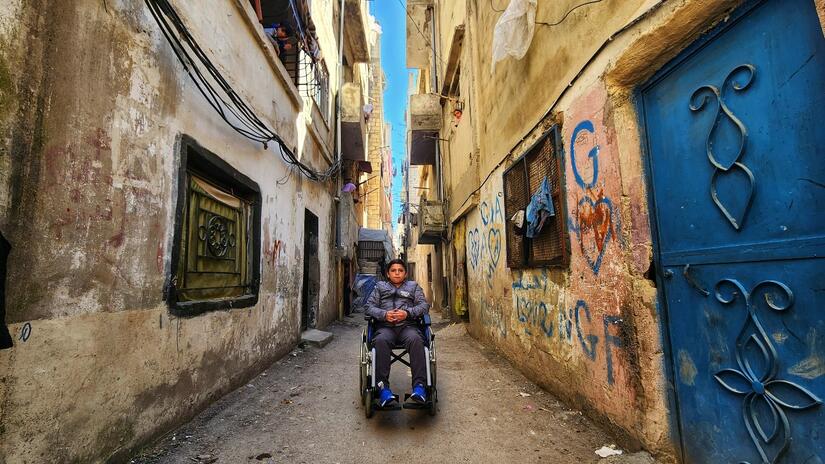Excellencies, distinguished representatives, ladies, and gentlemen, for years we have gathered here to support the future of Syria and the region.
After years of unrelenting conflict, the collapse of the Syrian economy, and a recent, devastating earthquake there is still no solution in sight.
And the scale of the crisis outstrips our collective humanitarian response.
The IFRC with its long-time presence in Syria, supports Syrian Arab Red Crescent (SARC)—the country’s largest community-based provider of humanitarian assistance to deliver quality and accountable services.
SARC provides 5 million people each month with food and relief items and supports their longer-term resilience with livelihoods support, healthcare, water, and sanitation services.
In neighbouring and host countries, the IFRC and its members, with the support of the European Union and other partners, have been providing assistance to Syrians and host communities. We hope this continues.
The pressure to expand our humanitarian programmes is immense.
Aid alone will not reduce the humanitarian needs or contribute to a long-term resilience and sustainable recovery in Syria.
This conference is a vital opportunity to focus on a key message:
Saving lives must be our collective priority.
SARC has unparalleled and trusted access in most of the country.
Investing in local actors like SARC and National Societies in neighbouring countries is essential.
Guaranteeing their unhindered delivery of assistance ensures that donor funding is directly supporting humanitarian and recovery programmes designed by and for communities who need it most.
Ensuring basic services, and long-term economic opportunities, are critical to millions of Syrians.
Livelihoods support, and strengthening basic services like health, sanitation, and education are long-term interventions that build resilience and must be developed with the needs of the Syrian people at centre-stage.
We must also continue to work together to reduce the unintended impacts of sanctions on humanitarian response.
The IFRC, closely working with other Movement partners, will continue to deliver impartial, neutral, and independent humanitarian aid, but to do so, we need collective and convergent leadership across the political divide.
It is time for real responsibility-sharing and real solidarity amongst the international community if we want to see real and sustainable impactful change in the lives of Syrian people.
Thank you.

